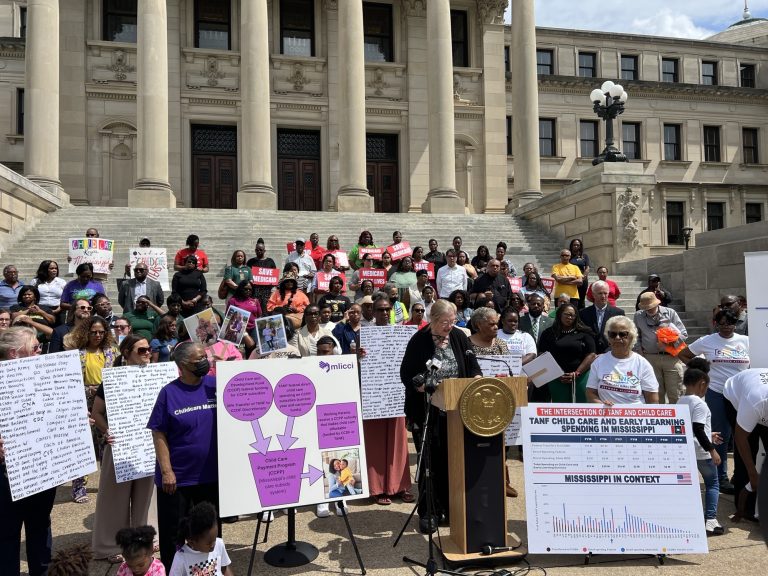Speaker Johnson Gives Verdict on House Plan to Impeach Judges Blocking Trump
With the political atmosphere more unstable than ever, House Speaker Mike Johnson has addressed the mounting hype around impeaching federal judges, in particular those who have been holding back former President Donald Trump’s agenda. Though some on the right are chomping at the bit to take that step, Johnson said House leadership isn’t quite yet ready to make that move – at least not yet.
Speaking candidly, Speaker Johnson acknowledged that judicial impeachments are not off the table, but he also emphasized the high bar that such actions require. “Look, impeachments are never off the table if it’s merited,” he told Fox News Digital. “But in our system, we’ve had 15 federal judges impeached in the entire history of the country.” In other words, it’s not a process to be taken lightly.
Johnson’s comments are directed at the increasing anger of some Republican lawmakers who think that some federal judges are getting too big for their britches. These judges, conservatives think, are engaging in judicial activism – making rulings that appear political, especially those against Trump’s policies and programs.
In an attempt to rein in what they see as excesses by the courts, House Republicans passed a bill this year that would limit federal judges’ authority. Johnson backed the legislation, calling the bill a form of “silver bullet” against activist rulings. The No Rogue Rulings Act, introduced by Rep. Darrell Issa, would prohibit individual district court judges from issuing nationwide injunctions – judicial orders that can halt government policy across the country. “This kind of blanket authority cannot be placed in one judge’s hands,” said Johnson.
We sent it over to the Senate and to the House with all hope that they would act on it,” Johnson said. “And I hope they do, because this ought not be a partisan bill.” This is a wiser and better solution to this legislative dilemma, he feels, than to rush into a very convoluted and contentious impeachment process.
Johnson by no means ruled out impeachment altogether. He did admit that certainly there are situations where it would be appropriate. But he also suggested the realities: even assuming, for the sake of argument, that the House passed articles of impeachment, it would require a political impossibility – now with the Senate nearly as evenly divided as can be between Democrats and Republicans—to obtain the two-thirds vote to convict and remove a judge.
This intra-Republican fight is occurring at a moment when the courts have become a common battlefield for Trump policies. From immigration policy to administrative overhauls, court decisions have repeatedly clashed with Trump and his supporters’ agendas. Republicans are more inclined to see these decisions as politically motivated hurdles, while Democrats see them as checks on presidential authority that are necessary.
And while there remain some Republicans demanding stronger action – quite possibly even impeachment – Speaker Johnson is urging restraint and patience. Rather than squander political capital on a process that would surely fail in the Senate, he seems to prefer using legislation as a way to drive through real change in the judicial branch’s interaction with national policy.
Impeachment murmurs still persist, though. A small but vociferous band of conservatives could, if anything, push the House to act by introducing a privileged resolution – essentially a speedy path bill that requires the House to vote within two legislative days. Even that political gimmick is risky, though. If it were to be approved by the House, it would become bogged down in the Senate, which takes bipartisan consensus to expel him. That’s a high mountain to climb, and one that could lead to public humiliation for Republicans if it doesn’t work.
Meanwhile, the broader political storyline is changing. Republicans are blasting judges as politically motivated in their rulings, and Democrats are counterattacking with charges that the GOP is under attack by an attack on an equal branch of government. It’s an old game of tug-of-war, one that obscures greater anxieties about Washington’s power balance.
Meanwhile, Trump and his base claim they are complying with all legal mandates as they constantly gripe about what they describe as “activist judges” in courts and the media. This dual-track messaging keeps their base energized while reinforcing their larger argument of a system gamed against them.
For the most part, Speaker Johnson is skating on thin ice. He’s keeping impeachment in reserve, but not charging headlong into it either. Instead, he’s looking to bills like the No Rogue Rulings Act to push change step by step without the political price of a failed impeachment bid. Whether that will satisfy his party’s most hard-line members remains to be seen. But meanwhile, Johnson is arriving there by seat-of-the-pants intuition – yielding the annoyances, but anchored to political pragmatism.







